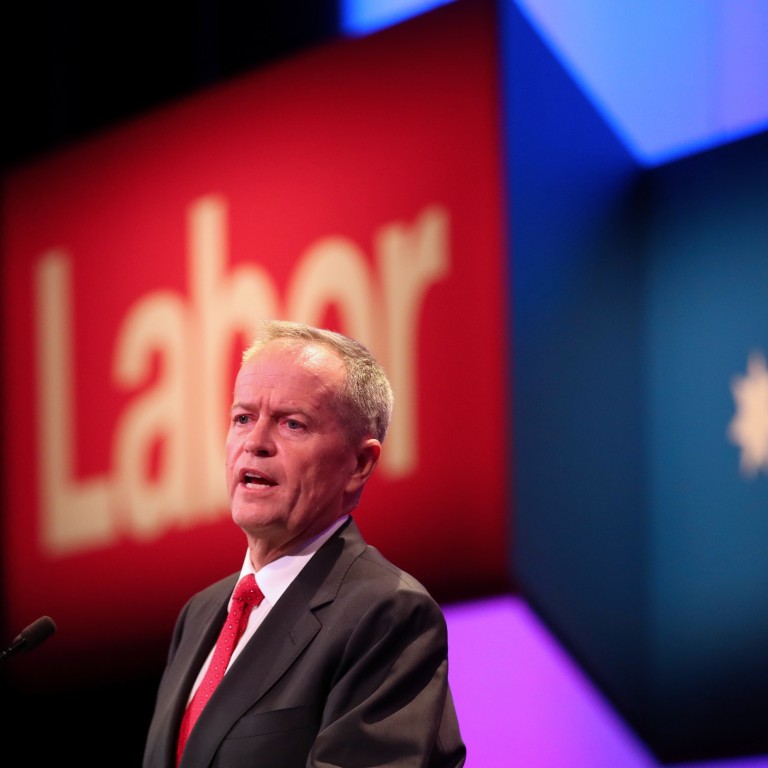
Australia now needs to consider China a partner, not customer
- Voters have swept the conservative Liberal-National coalition of Prime Minister Scott Morrison back into office, and the time has come for Canberra and Beijing to set aside differences and work towards a common goal
Labor had promised a “more considered” policy towards China. There remains plenty of room for it. Relations have been ruffled by legislation against foreign interference in Australian politics that targeted China, and the cancellation of permanent residence for billionaire developer, China lobbyist and political donor Huang Xiangmo, on national security grounds, to mention just two examples of tension.
Whereas Labor’s shadow foreign minister Penny Wong had tried a different approach towards China during the election campaign by saying it did not “pre-emptively frame China only as a threat”, Morrison’s answer to a question about balancing relations with the United States and China – that there was no need to choose between a “friend” and a “customer” – went down badly on social media.
This was a reminder that people of Chinese heritage now account for 5 per cent of Australia’s voting population, or 1.2 million people, who are grossly under-represented in the national parliament with just two of 226 members.
After the election, mainland media lost no time in saying where Beijing stands, with China Daily alluding to Australia’s growing economic dependence on China: “Morrison may need to recalibrate relations with China, especially as his government has to work out how to afford tax cuts and pay for a budget based on … fanciful growth forecasts.”
Even in the business world, it said, “one would not treat one’s most important customer with such bias and suspicion”.
Australia – and in particular the re-elected government – remains conflicted in trying to balance economic relations with China and security ties with the United States. It should heed Foreign Minister Wang Yi’s call, during a period of tension last year, to be more positive towards China’s rise.
The two sides should move on from recent setbacks and adopt the pragmatic approach of setting aside differences and working towards a common goal, such as the promotion and defence of free trade, or the peace and stability of the region. In this respect, Australia should see China as a partner, not a customer.

